Judge mediating civil cases at the People's Court of Thuong Xuan district.
As a person who is regularly assigned to resolve civil disputes, Judge Cao Thi Nga, Deputy Chief Justice of the People's Court of Hoang Hoa district, clearly understands the role and importance of mediation as well as the responsibility of the judge. Ms. Nga said: Mediation is the most effective, best, most economical, and optimal method of resolving civil disputes. Because, through successful mediation, conflicts, disagreements, and disputes will be ended in the most satisfactory way. If the dispute is resolved by trial, after the verdict, there will be winners and losers, winners and losers, and in many cases, both sides will lose. On the contrary, if the dispute is resolved by mediation, the parties will completely voluntarily agree on solutions. In other words, when the mediation is successful, all parties win, there is no winner or loser.
However, to successfully reconcile in resolving civil cases is not an easy thing. Because most of the disputes that the court accepts have often arisen for a long time, the conflicts have lasted for a long time, the parties have actively resolved them many times but have not reached a consensus. In particular, there are many disputes that arise from within the family, clan, village, accumulated for a long time leading to conflicts and fights. To successfully reconcile these cases, according to Judge Cao Thi Nga, the judge often has to spend adequate time to consider, carefully study, thoroughly understand the file, thoroughly understand the cause and nature of the conflict, dispute to find a way to reconcile. During the mediation process, the judge must be patient, respectful and listen to both parties present the causes of the conflict, the things that do not agree with each other, the intention to resolve the dispute, divide the property... From there, the judge propagates, explains the law, points out right and wrong, encourages them to decide the dispute themselves, and eliminate the conflict.
Judge Cao Thi Nga shared: There were many conciliation sessions that lasted the whole session, even interrupted many times because one party did not want to listen to the other party's opinion, or argued in court. The conciliation session was suspended and had to be reorganized the next day. But then, with the ability to grasp the psychology of the parties and perseverance in propaganda, explanation, mobilization, and persuasion, the judges at the People's Court of Hoang Hoa district successfully organized conciliation for many civil cases and matters.
With this approach, in the first 6 months of 2025, Hoang Hoa District People's Court resolved and tried 33 cases out of 92 cases accepted. Of these, the court only had to try 6 cases, the remaining cases were decided to recognize the agreement between the parties, or the parties voluntarily withdrew the lawsuit due to the judge's propaganda and mediation.
According to Judge Le Thanh Hung, Deputy Chief Justice of the Provincial People's Court: Determining that conciliation is a particularly important institution in resolving cases in general and civil cases and matters in particular, the Party Committee and leaders of the Provincial People's Court have led and directed the two-level courts in the province to focus on organizing and implementing solutions to further improve the effectiveness of conciliation sessions. In particular, thoroughly grasping and unifying the perception that conciliation is the key, breakthrough, and priority step to resolutely implement and improve the quality of adjudication and case resolution. Each court unit assigns targets to each judge and pays attention to supporting and creating the most favorable conditions for judges to successfully complete conciliation tasks.
In addition, the two-level court in the province has required judges to spend time carefully studying each specific case file, identifying the key issues, the nature of the dispute, and the conflict to focus on resolving it. During the mediation process, the judge must create a friendly environment so that the parties can be comfortable, listen, negotiate, and respect each other. At the same time, grasp the psychology of the parties, analyze in depth with reason, emotion, and close to the developments of the incident and persistently seek the most feasible solutions that both parties agree on.
Also in the past time, the two-level courts in the province have effectively implemented the emulation movement "For Justice", encouraging judges and those holding judicial positions to be persistent, creative, responsible, and enthusiastic in performing their assigned tasks. In particular, promoting the attitude, style, empathy, and sharing of judges in conciliation sessions...
With these effective methods, in the first 6 months of 2025, the two-level courts in the province resolved and tried 3,593 civil cases (including disputes and requests on civil, marriage - family, commercial business, and labor). Of which, the district-level courts resolved and tried 3,295 cases. Notably, the two-level courts successfully mediated 2,668 cases, accounting for 74.2% of the cases resolved and tried. Through successful mediation, disputes and conflicts were thoroughly and quickly resolved, strengthening solidarity within the people, contributing to building a modern, civilized and humane community and society.
Article and photos: Do Duc
Source: https://baothanhhoa.vn/no-luc-giai-quyet-tranh-chap-dan-su-thong-qua-hoa-giai-253013.htm


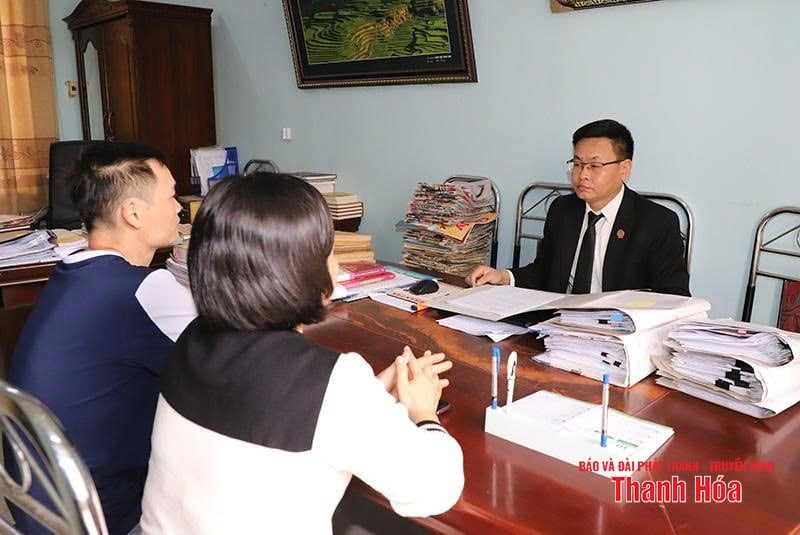
![[Photo] Solemn opening of the 12th Military Party Congress for the 2025-2030 term](https://vphoto.vietnam.vn/thumb/1200x675/vietnam/resource/IMAGE/2025/9/30/2cd383b3130d41a1a4b5ace0d5eb989d)
![[Photo] President Luong Cuong receives President of the Cuban National Assembly Esteban Lazo Hernandez](https://vphoto.vietnam.vn/thumb/1200x675/vietnam/resource/IMAGE/2025/9/30/4d38932911c24f6ea1936252bd5427fa)
![[Photo] The 1st Congress of Phu Tho Provincial Party Committee, term 2025-2030](https://vphoto.vietnam.vn/thumb/1200x675/vietnam/resource/IMAGE/2025/9/30/1507da06216649bba8a1ce6251816820)

![[Photo] General Secretary To Lam, Secretary of the Central Military Commission attends the 12th Party Congress of the Army](https://vphoto.vietnam.vn/thumb/1200x675/vietnam/resource/IMAGE/2025/9/30/9b63aaa37ddb472ead84e3870a8ae825)
![[Photo] Panorama of the cable-stayed bridge, the final bottleneck of the Ben Luc-Long Thanh expressway](https://vphoto.vietnam.vn/thumb/1200x675/vietnam/resource/IMAGE/2025/9/30/391fdf21025541d6b2f092e49a17243f)


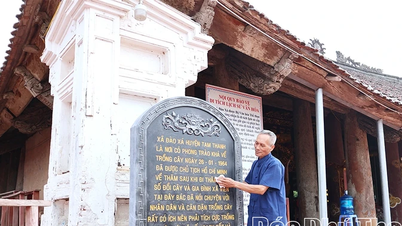




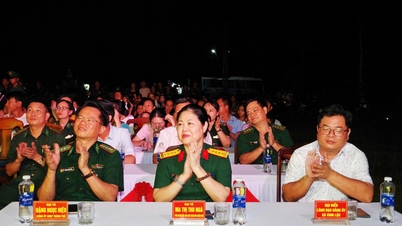






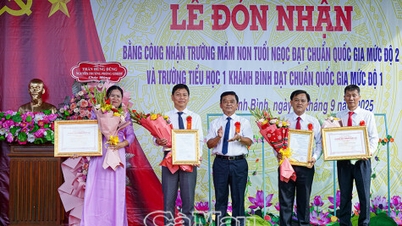

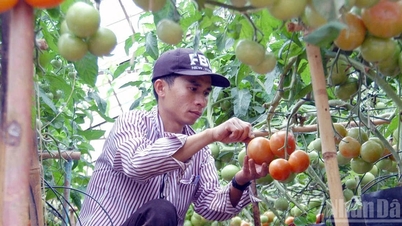

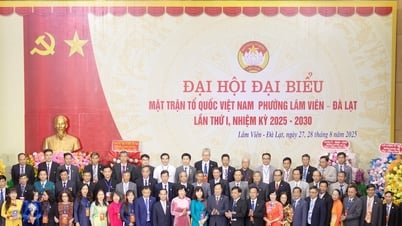









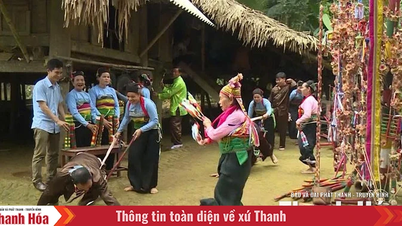






































































Comment (0)